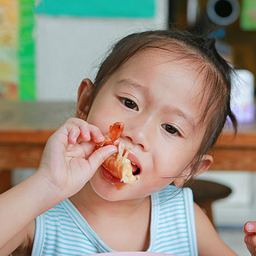Children with Current Allergies Should Be Screened for a Chronic Food Allergy
Jun 25, 2018
If children have known skin, food and respiratory allergies, doctors should screen them for a food allergy called EoE, a painful inflammation of the esophagus, according to a new study.


